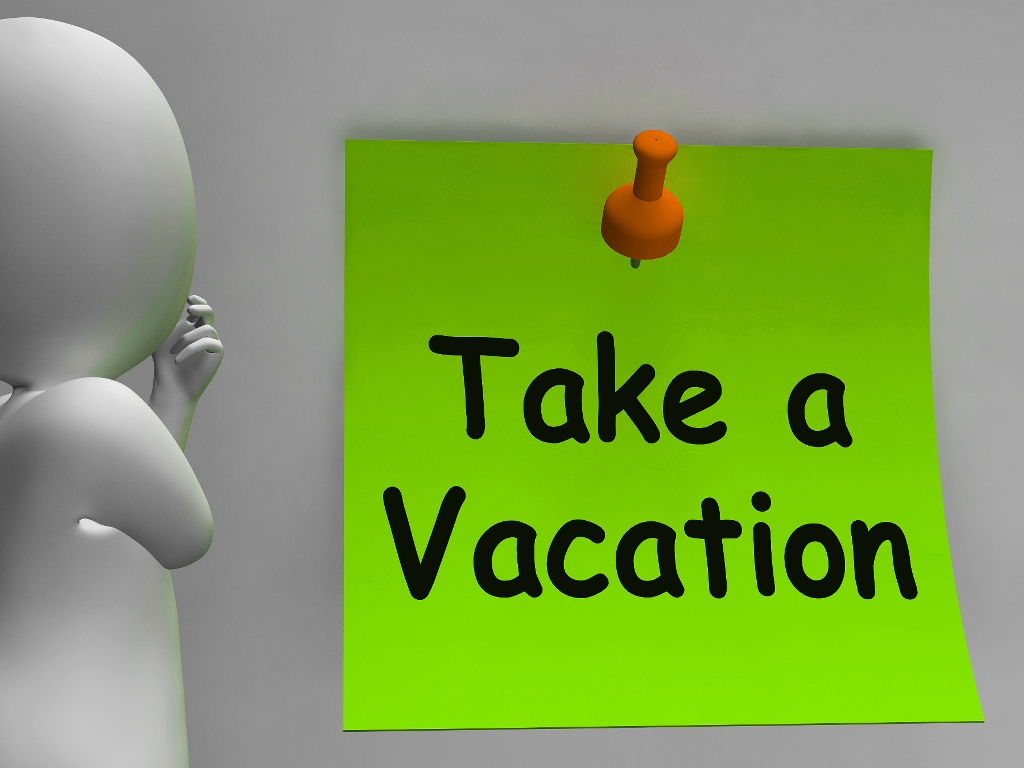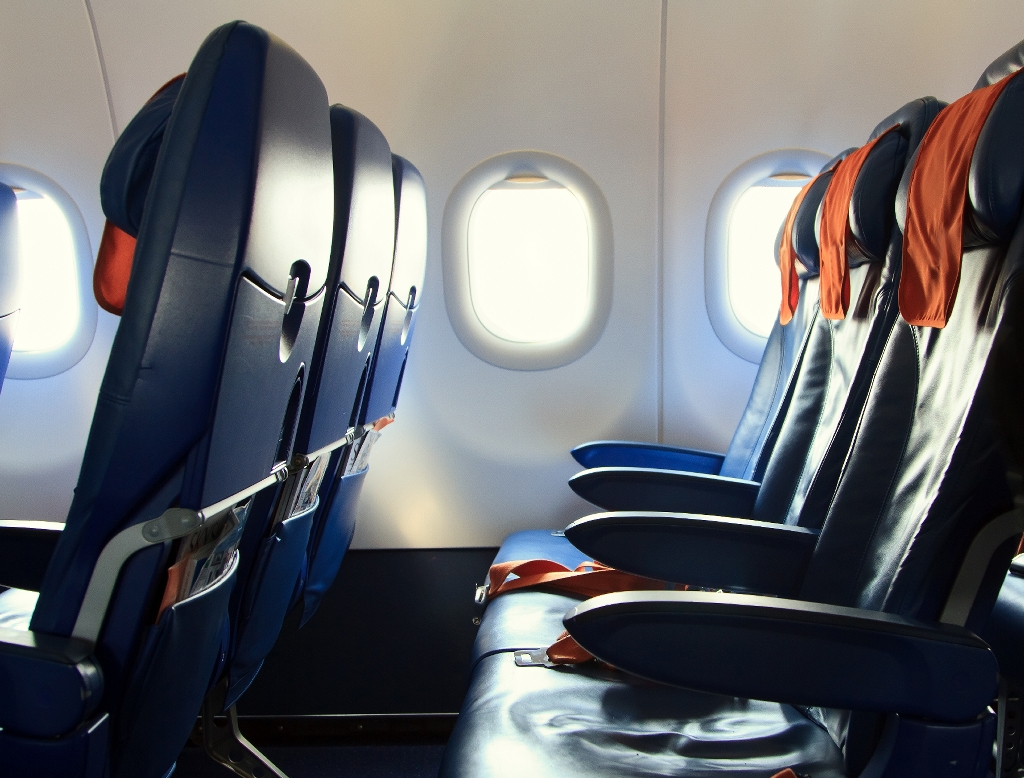Just imagine if you were given the freedom to step away from work, even if just for a few days and still get paid. What would you do? Would you take advantage of this glorious opportunity that was afforded to you and take a vacation…or even a staycation? For those of us who treasure the days we get off for vacation, even to the point where we are clamoring for more, it’s always disturbing to realize just how the American workplace falls flat in Vacation days for their employees.
This article from Skift.com states the point that I’ve been making for years, and that is Americans are the worst, I mean absolute worst, at taking the vacation days that are given to them. 2014 is a primary example according to the article. It states: In a new survey conducted over the first few days of 2015, we asked Americans about how much vacation they took in the just-finished 2014, and the topline result is as predictable as it is shocking: nearly 42 percent of Americans said they didn’t take a single vacation day during 2014! On the other end of the spectrum, about 15 percent of Americans said they took more than 20 vacation days last year. That’s quite a statement on the “state’ of the American worker.

America Offers Less Vacation Days
We already know that we receive much less days than most of the countries in the West and many in the East. What we now know is that we seem to be terrified of time off. Makes sense if you think about it. Compared with other countries, we have collected the dubious title of being one lazy country in my opinion. Feel free to dispute that, but our rates of obesity would suggest this label is on target. With all of these issues, it makes it harder to understand how workers would turn their backs on days off. I mean what gives? Lazy, yet unwilling to take vacation time? It doesn’t add up, although the pounds certainly seem to.
The consensus in this article, as well as several others over the years, suggests that employees are simply afraid that they will be terminated. But that fear warranted? Don’t employers want workers who are refreshed and healthy, not only from a physical standpoint, but an emotional one as well? If you’re not decompressing, you are compressed. It would be no surprise to find that these same individuals that refuse to take their vacation days probably have a pretty dim outlook of their future and may even harbor ill-will towards the company itself. It is suggested that there could be a correlation between income and the usage of vacation days. The less you make, the more you worry, and that could make sense. But in my workplace, and possibly yours, you may know several fellow employees who simply don’t take time off. Of course, all employers are different and that element of fear in taking awarded time off for some may, in fact, be very real.
Not Just an American Issue
This is not contained to the US. Not long ago, a contingent of Japanese executives came to visit my employment. Think of it as a very far off field trip. Although a trip to see how we manage our company, my priority gravitated towards their amount of days taken off. So I simply broke protocol and asked the question that maybe shouldn’t have been asked with their boss within earshot. “So, how much vacation time do you receive?”, I asked. The answer was quite surprising. These executives and their employees accumulate many vacation days, more so than US workers. But it’s the next line after it that blew me away. “But we urge them to not take the days they have”. Ummm. What? My incredulous look had to give them pause as they scrambled to justify. Their justification brought nervous looks from all in the room, especially their leader at the end of the table.
But, not all is dismal. Many companies are wising up and seeing the correlation between days off and productivity to the extent of incenting their employees to take their time off or even making it mandatory. Others have taken it to the extreme of having unlimited vacation days, which is gaining popularity but will probably never be considered a mainstream idea for American companies. Check out this article from two years ago from CNN that details how this new trend could catch steam moving forward. (Sidenote- I brought this up to my employer and got laughed right out the door. I tried though!)

The UnderVacationed
We throw around a term in the financial industry, the underserved and the underbanked. Maybe this fear of time off deserves a new term itself, say the undervacationed. Stress is already a primary health concern for employees and their employers and not taking time off, only exasperate the problem. In the end, rest and relaxation makes a good worker. A good worker makes a good company. And a good company becomes something other than the lazy workers that sometimes infiltrate it. Don’t be that worker, don’t be that company. Because if you do, you will surely be labeled. And when branding is what counts and your employees have the power of social media to spread their fears and disdain, a label such as this can’t be good.
Over the next several weeks I’ll be highlighting various countries and their views on work and vacation days to see just how much the USA stacks up to the competition. You may be surprised just how little freedom the most free of all nations really have when it comes to time off.
Live within your means, Travel beyond them!











